Written by a university professor, this history tracks the post World War II electoral competition on foreign policy between the Democratic and Republican parties. Zelizer focuses on every national political campaign since 1946, outlining the two parties' struggle (and that between factions within the parties) for advantage as an outgrowth of the constitutional tension between the Congress and the president for control of foreign affairs, pure partisanship, and each party's intuition about voters' attitudes toward the national-security apparatus. Favoring the Democrats in the 1940s, the electorate's switch to Republicans in 1952, reversion to the Democrats in 1960, and general preference from 1968 to 2008 for Republican leadership on national security guide the author's discussion. Foreign policy, as such, lies beyond the book's scope; instead, it is the domestic ramifications of events overseas, such as the draft and war casualties that characterize this detailed and evenhanded account. Covering election campaigns, election winners' interpretation of the results, and votes on Capitol Hill, Zelizer makes the case to general-interest readers that American politics have never stopped at the water's edge.
Check Catalog

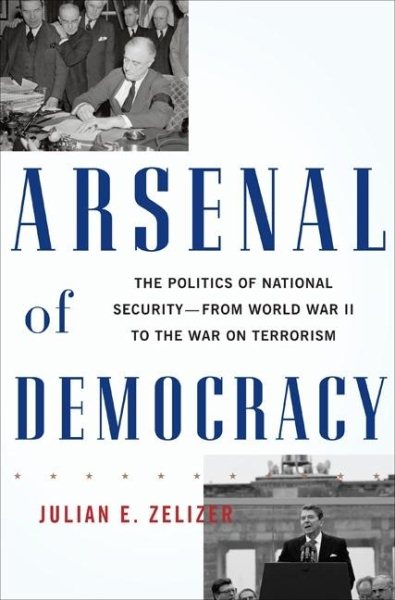
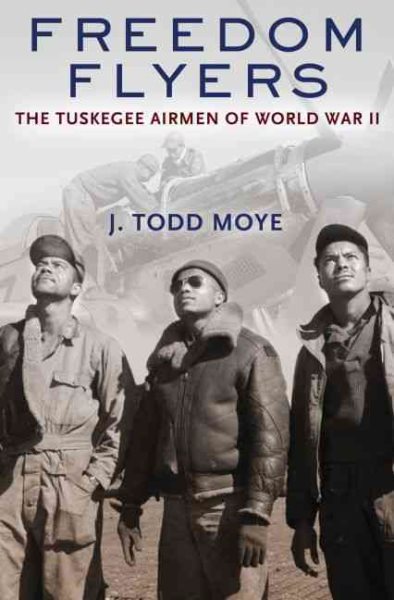
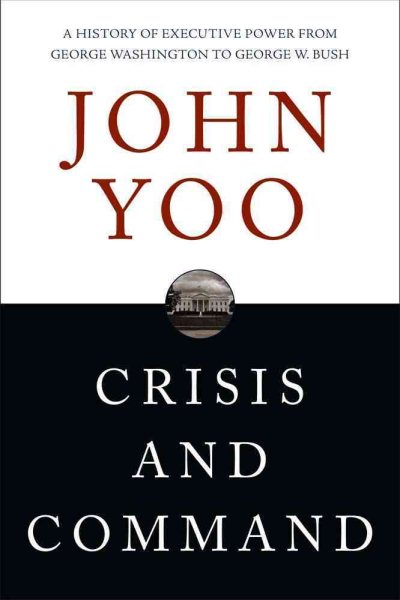
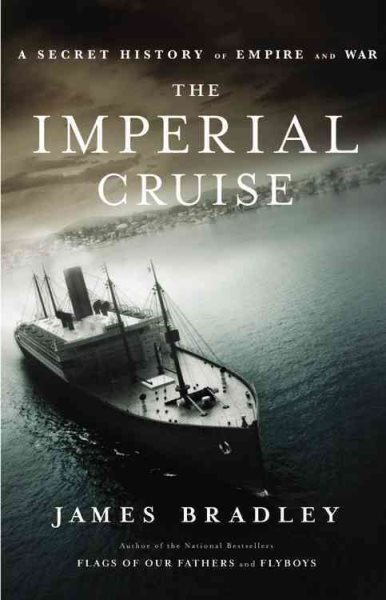
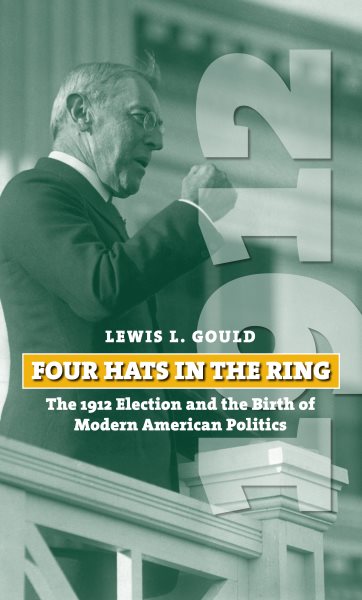
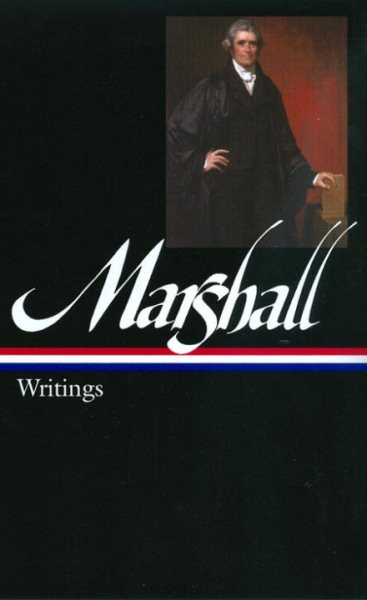

 BB
BB